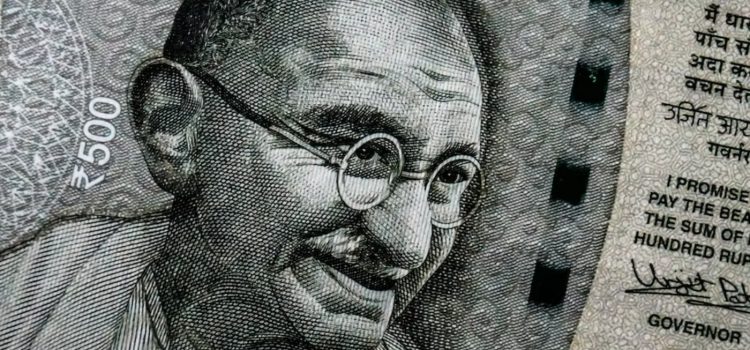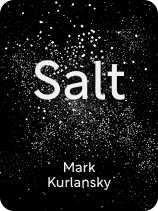

This article is an excerpt from the Shortform book guide to "Salt" by Mark Kurlansky. Shortform has the world's best summaries and analyses of books you should be reading.
Like this article? Sign up for a free trial here.
What was the Salt March? How did salt influence the Indian Independence Movement?
In 1930, Mahatma Gandhi led a 24-day march against the British salt monopoly. As Mark Kurlansky mentions in his book Salt, the campaign led to Indians being allowed to collect sea salt and paved the way for Indian independence.
Learn more about the Salt March of 1930 below.
The Indian Independence Movement
According to Kurlansky, India’s independence movement also began as a conflict over salt production, which led to the Salt March. The conflict started brewing in the 18th century when the British worried that the high-quality salt produced in India would threaten the profits of salt produced in England. To prevent this, they established a British monopoly over salt made by Indian saltworks, requiring Indian salt producers to sell all their salt to the British. Indian salt harvesters staged a rebellion against this monopoly in 1817 by attacking British-controlled saltworks in India.
Indian resistance to Britain’s control of salt production reached new heights in the early 1900s when Indians grew upset about the high tax Britain required them to pay on salt. The Indian Legislative Assembly demanded that Britain reduce this tax, but Britain refused. Mahatma Gandhi began organizing Indians to engage in nonviolent resistance against British control of India, and one of his best-known efforts was his 1930s salt campaign.
Gandhi’s salt campaign kicked off the Indian Independence Movement. He and his followers walked nearly 250 miles along the Indian coastline, gathering sea salt—which was illegal under British law. Within a week, the salt campaign became a national movement of over 100,000 Indians. British police responded to salt campaigners’ civil disobedience with arrests and brutal violence. But the campaign worked: In the early 1930s, the British signed a pact promising to release political prisoners and permit Indians to collect sea salt. According to Kurlansky, this pact and Gandhi’s campaign paved the way for Indians to secure their independence in 1947.
Why Salt Played a Pivotal Role in the Indian Independence Movement
While Kurlansky emphasizes the important role salt played in the movement for Indian independence, he doesn’t clarify why salt in particular played such a pivotal role. According to experts on social movements, Gandhi selected salt for his campaign for nonviolent resistance for several reasons:
Reason 1: The salt campaign increased the involvement of lower-class Indians. Britain’s salt tax disproportionately affected lower-class Indians, who needed salt but couldn’t afford the tax. The majority of India was poor or lower class. By appealing to them, Gandhi’s movement gained a large following.
Reason 2: Salt united Indians from different backgrounds. Gandhi’s salt campaign enlisted the support of anyone who had access to seawater—and that group included Hindus and Muslims from various social castes. Choosing an issue (salt harvesting) that affected such a wide range of people ensured diverse groups would unite into a national movement.
Reason 3: Salt made Indian independence tangible. The idea of independence was abstract, so Gandhi chose salt—something you can hold—as a symbol of Indian labor, self-sufficiency, and independence. Today, salt continues to be a symbol of India’s hard work and self-sufficiency.

———End of Preview———
Like what you just read? Read the rest of the world's best book summary and analysis of Mark Kurlansky's "Salt" at Shortform.
Here's what you'll find in our full Salt summary:
- The role salt played in driving innovation, building empires, and provoking rebellions
- Why salting food isn’t just about improving its flavor
- How salt played an important role in several independence movements






